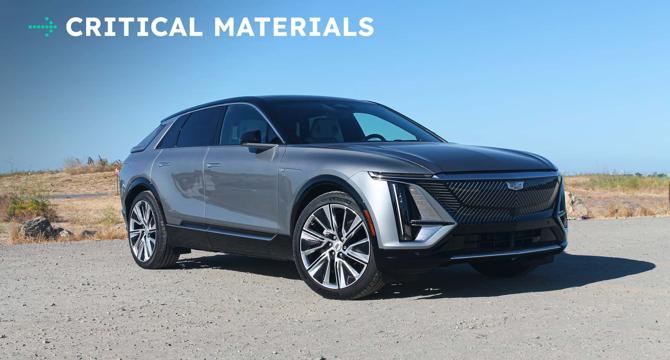Insideevs
1d
311

Image Credit: Insideevs
Cadillac's EV Are Seriously Poaching Tesla Owners
- Cadillac is successfully attracting Tesla owners as new buyers for their EV lineup, with eight out of 10 Cadillac EV buyers being new to the brand.
- About 25% of new Lyriq EV owners are coming from Tesla Model Y owners, indicating a significant increase from the previous year.
- Cadillac has a full lineup of EVs, offering customers more choices compared to brands like Ford, Acura, or Lexus.
- Honda is delaying investments in Canada due to uncertainties surrounding U.S.-Mexico-Canada trade agreements, preferring to wait until after the midterm elections for a decision.
- Automakers like Hyundai and Mercedes-Benz are investing heavily in human-less factories, aiming to reduce manual labor with advanced robotic technologies.
- While lights-out manufacturing is still aspirational, it poses a potential threat to human jobs, despite advancements in technology.
- If manufacturers achieve their goals of cost management and production efficiency, the focus will shift towards determining the next steps, such as investing in AI-driven software or addressing potential job losses.
- The automotive industry is navigating challenges related to trade agreements, political climates, and technological advancements to shape the future of manufacturing and vehicle production.
- Cadillac's successful conquesting of customers and the industry's pursuit of automation highlight the evolving landscape of electric vehicle adoption and manufacturing strategies.
- As brands like Cadillac make strides in EV adoption and automakers explore automated manufacturing, the industry faces critical decisions on resource allocation and technological integration.
Read Full Article
18 Likes
For uninterrupted reading, download the app